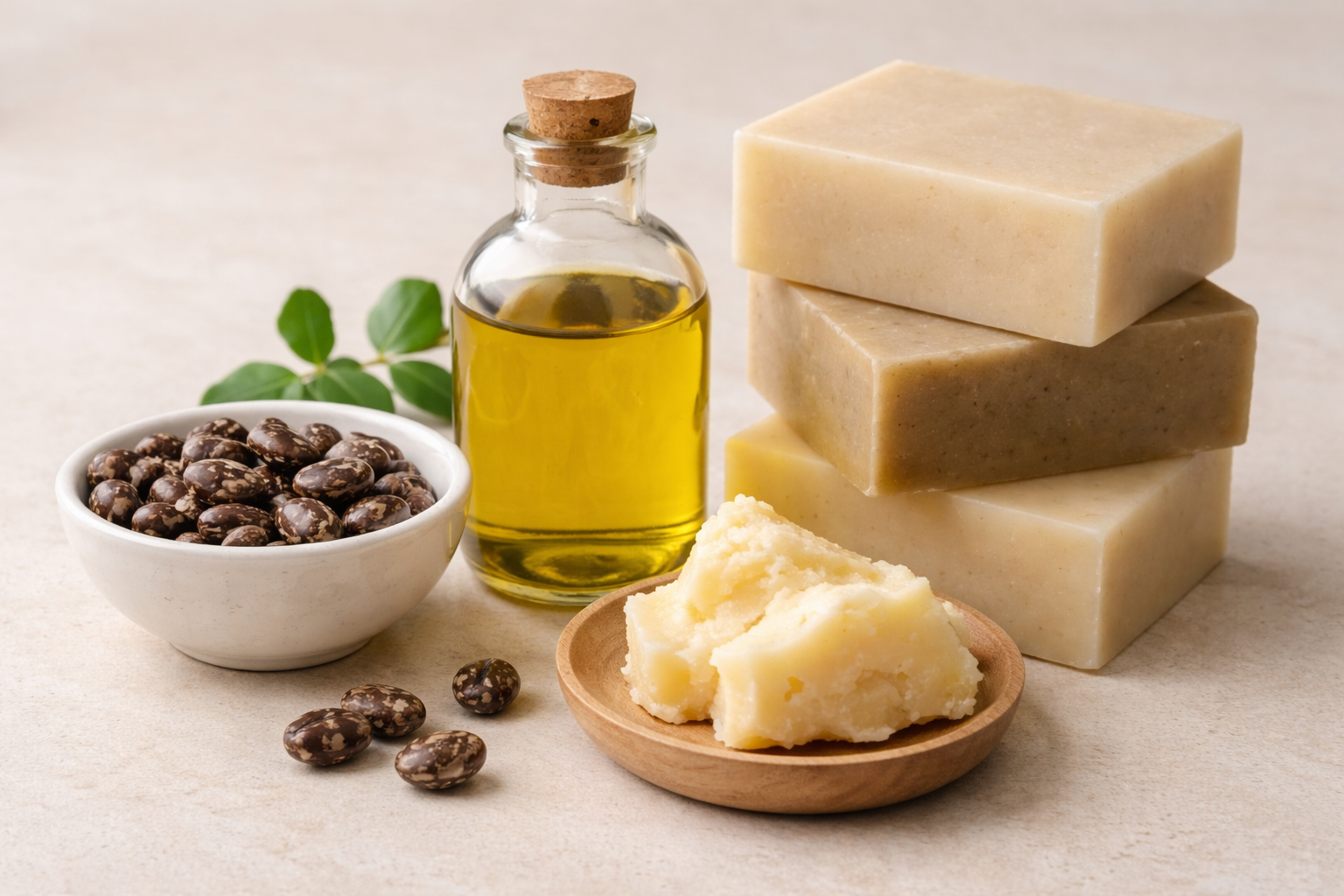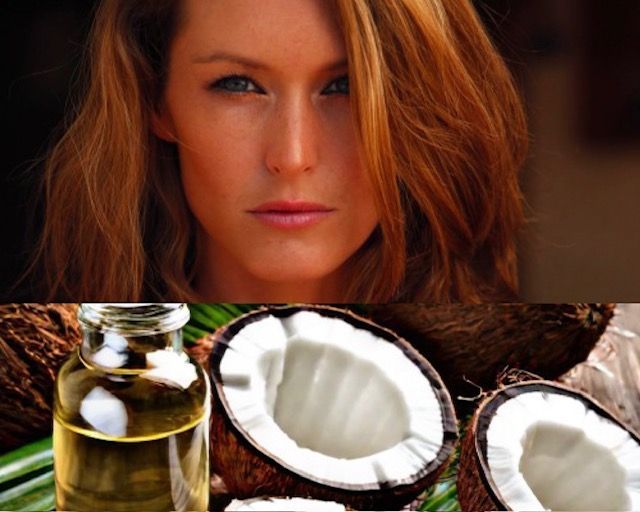Certified Organic - What Does It Mean?
We have all seen the logo on the foods that we buy, "Certified Organic" but do you know what that means?
We have all seen the tag, “Certified Organic” but what does it mean? What are the requirements and standards needed to earn that respected logo on a food product?
I am going to try to clear up what certified organic means and the process that growers and producers must go through to become and remain organic. While I am not an expert, I do try to purchase organic items as much as possible, looking for the “Certified” logo on the package and/or label.
First, what is “Certified Organic”? Let’s start with this as a definition:
Certified organic farmers and processors are committed to a food system that works with natural systems to improve soil, protect your health and produce great tasting food.
Here are eight things you should know about being “Certified Organic”:
1. Farmers use land management practices that protect natural resources, conserve biodiversity and improve the health of their soil.
2. Farmers maximize animal welfare by raising livestock in an environment where stress is minimized and where they are able to exhibit their natural behaviors such as grazing, rooting and scratching. Animals are given access to the outdoors year-round.
3. Prohibited pesticides, herbicides and synthetic fertilizers cannot be used in crop production. Producers must maintain buffers that prohibit contamination drift from prohibited substances and neighboring GMO crops.
4. Organic production prohibits GMO’s including seeds, livestock feeds and ingredients used in processed products.
5. Livestock are fed 100% organic feed. They do not receive conventional, genetically modified corn and soybeans, hormones or antibiotics. They also must obtain a significant portion of their diet from certified organic pasture grasses during the grazing season.
6. Processed foods such as cheese, bread or jam are produced with certified organic ingredients. Artificial colors and flavors, preservatives such as nitrates and other synthetic additives are prohibited.
7. Certified organic products are randomly subject to pesticide residue tests. The allowable limit of pesticide residue on organic food is just 5% of what the EPA allows on conventional produce.
8. Organic certification is the only label backed by clear legal definitions and independent third-party verification. All certified operations participate in an annual inspection of their premises, purchases and practices to ensure the integrity of the organic seal.
Certified Organic is the only food label with a clear legal definition, a process for public input and mandatory third-party inspections. There are so many claims on food packages today, it can be dizzying and extremely confusing. For me, I do grow my own produce during the summer and for the small amount I produce, I am 100% sure that it is organic. Aside from that, you are relying on farmers and producers and the government to certify that what you are buying and paying for is organic. If you ever have a question regarding authenticity of a product, go to the companies website and contact someone. A legitimate brand will always be willing to share resources.
Any comments or input please e-mail me at michael@alliesproteinballs.com. I love feedback and conversation.
Michael A. Carrubba
Founder/CEO Allie’s Naturals LLC











